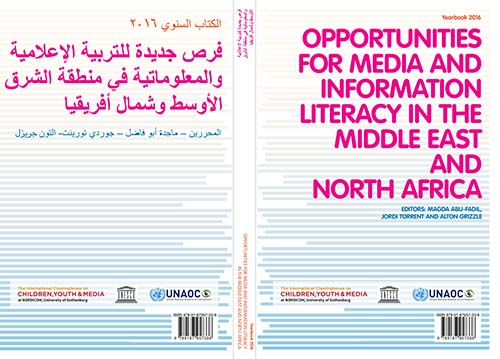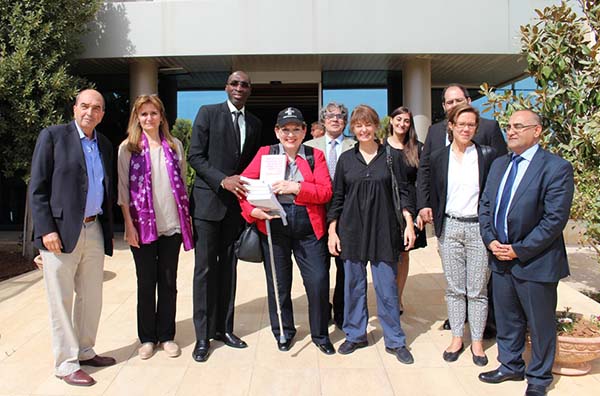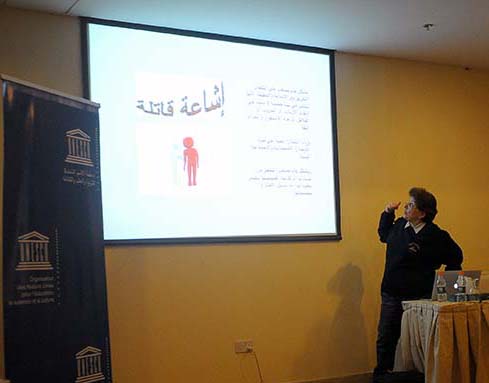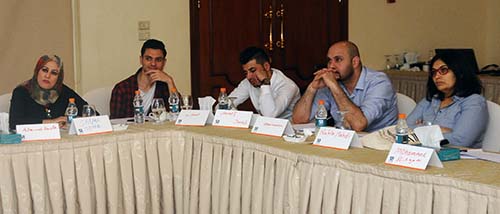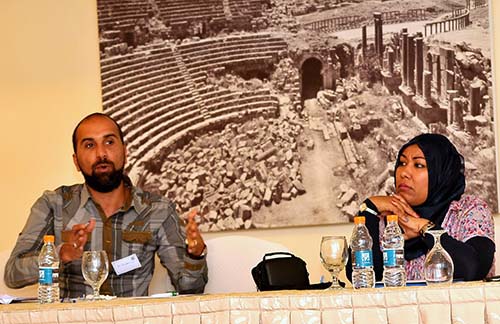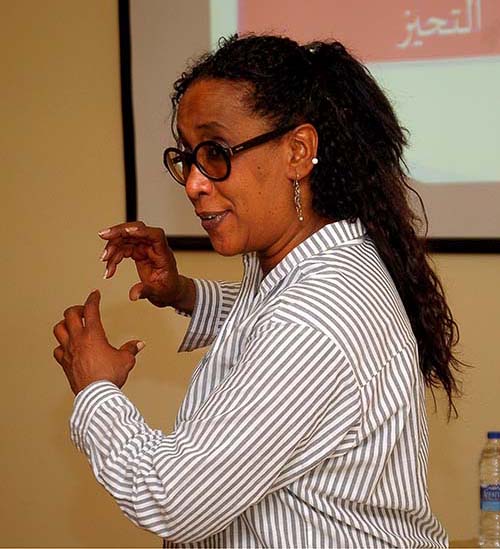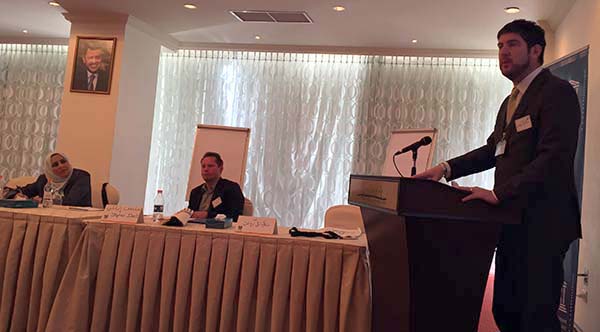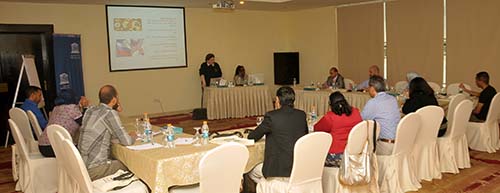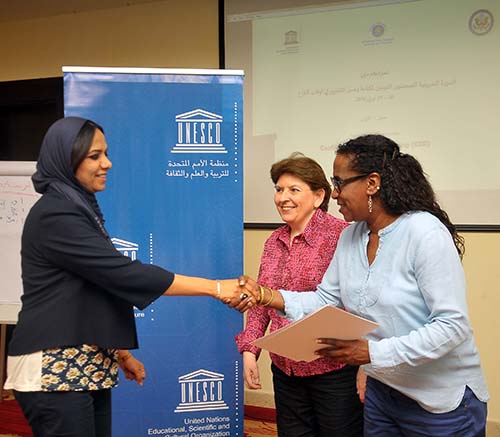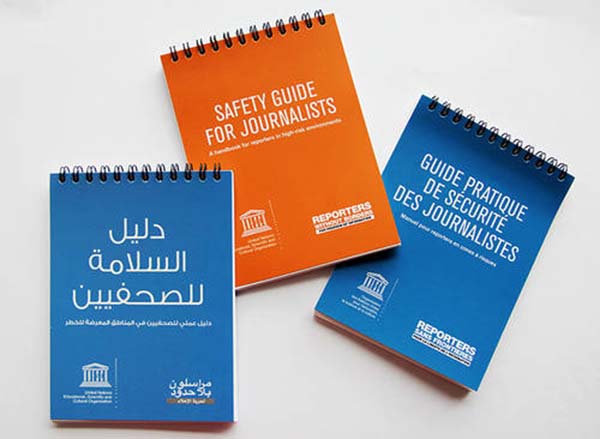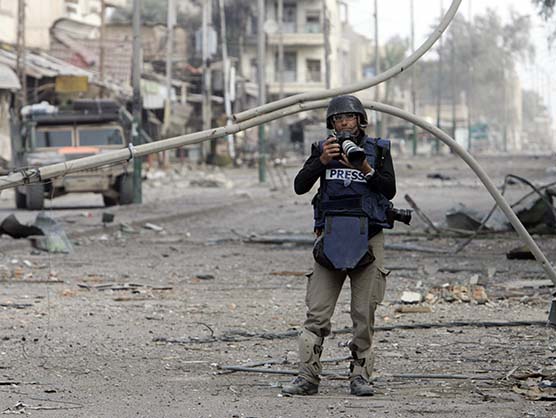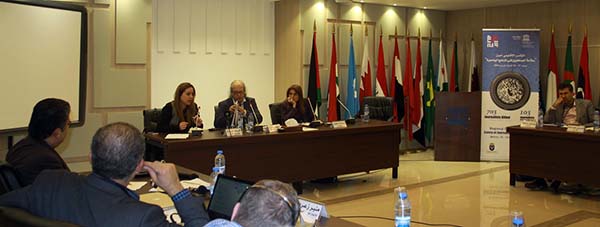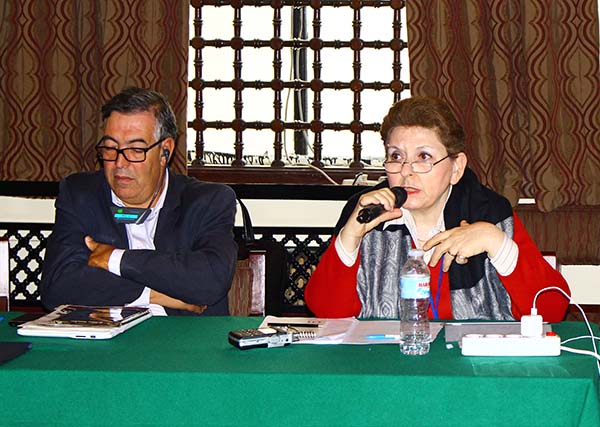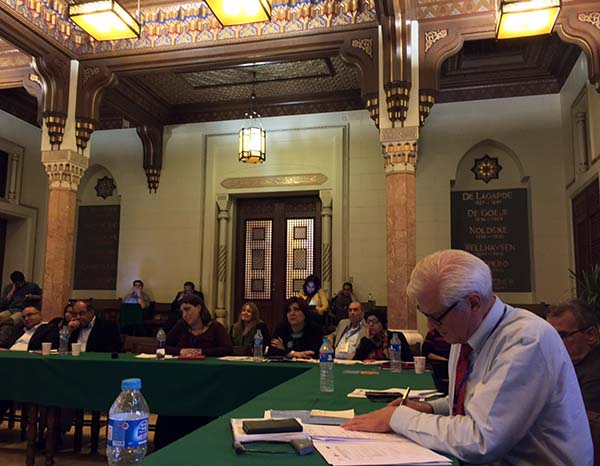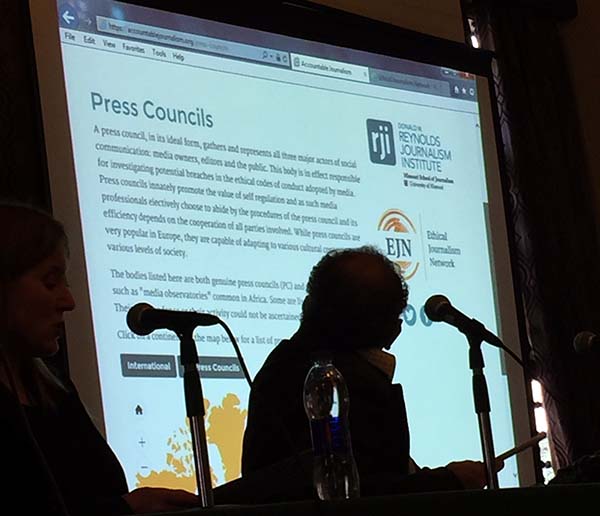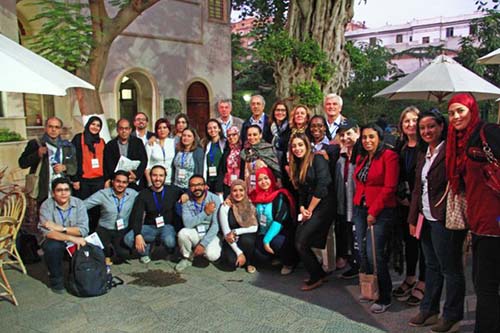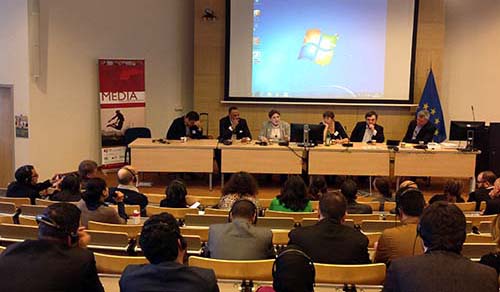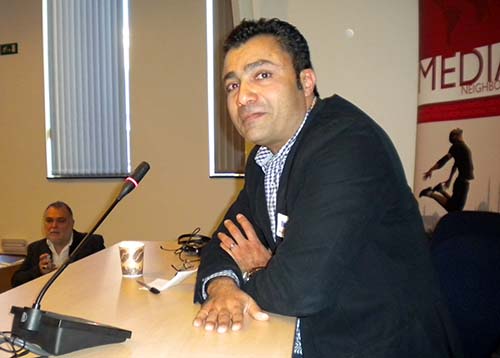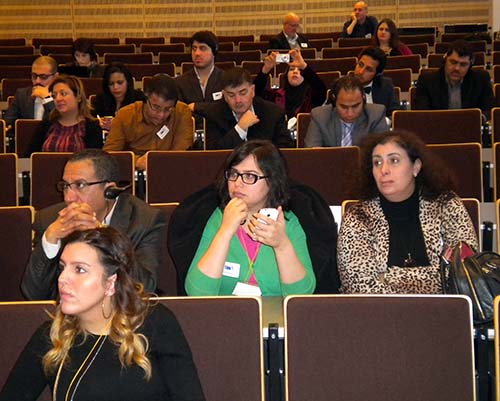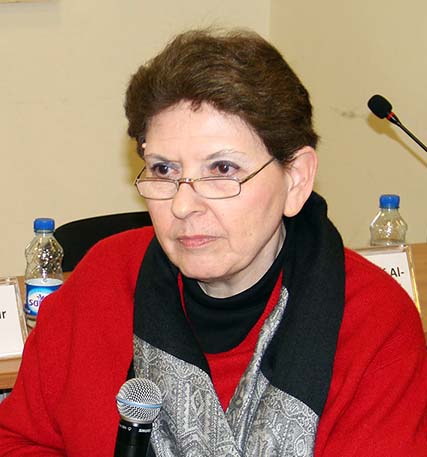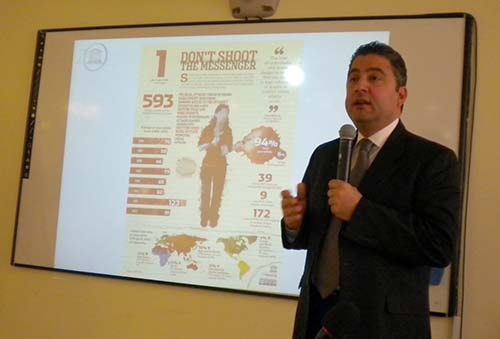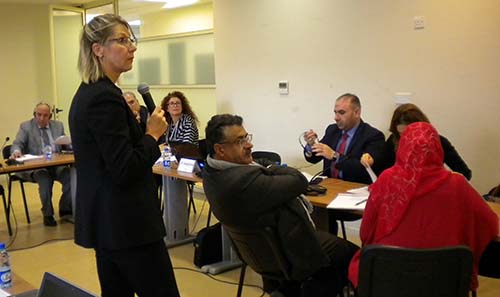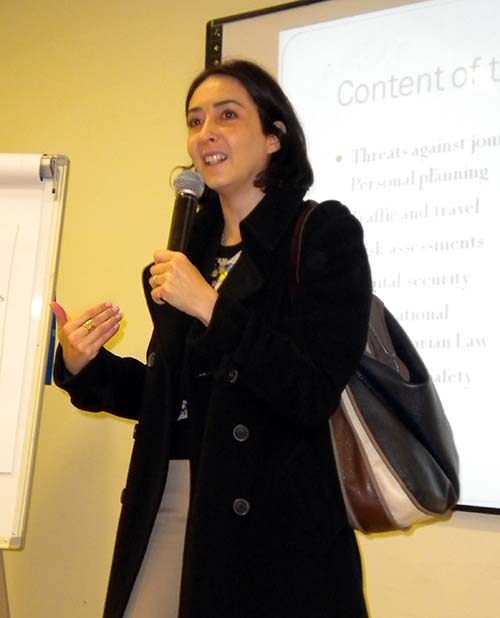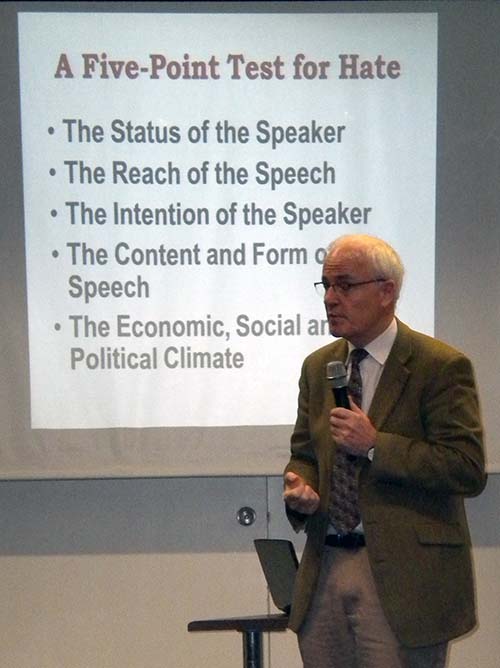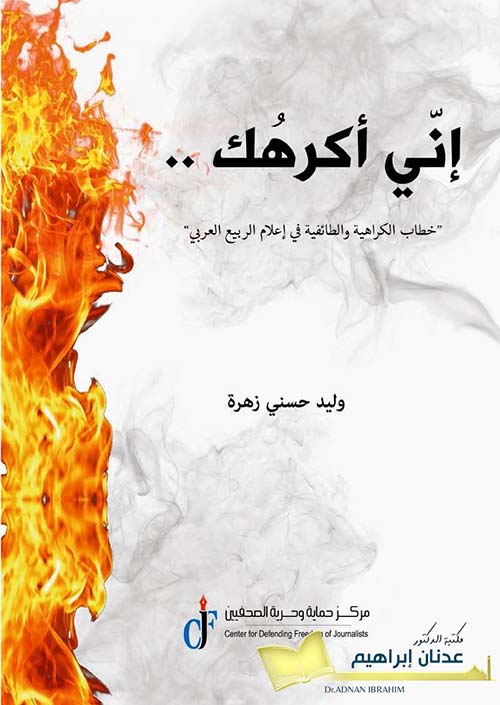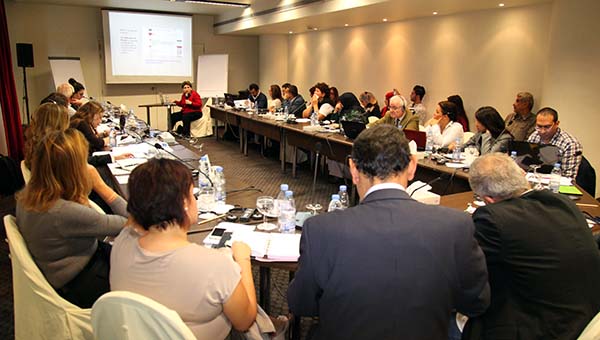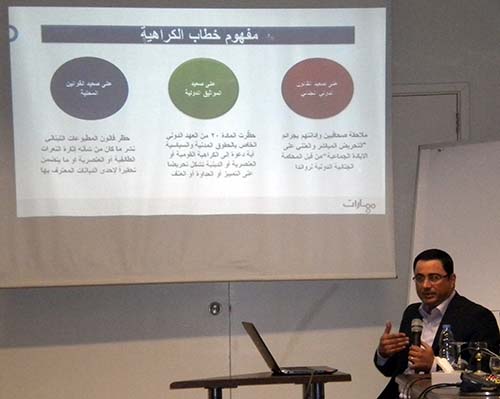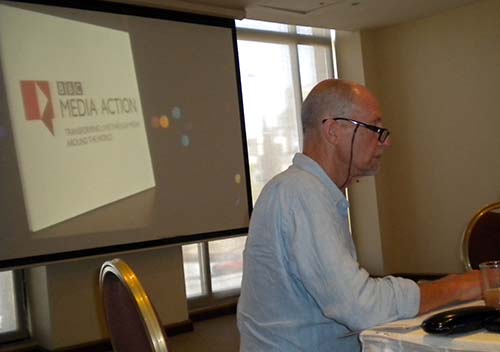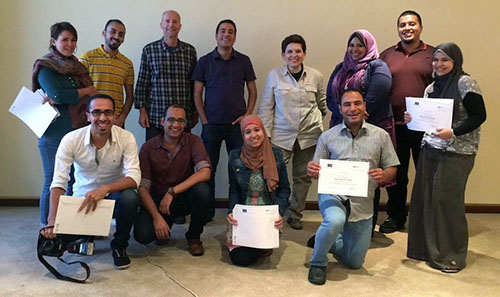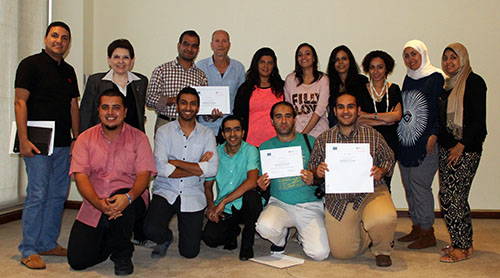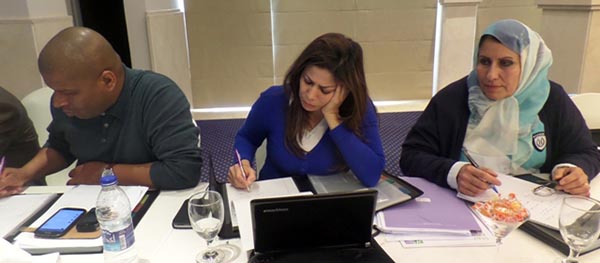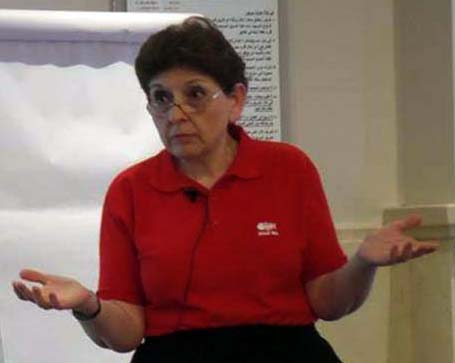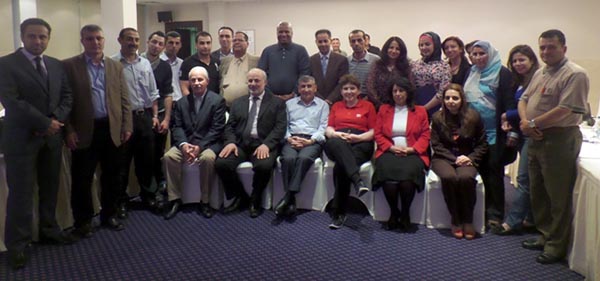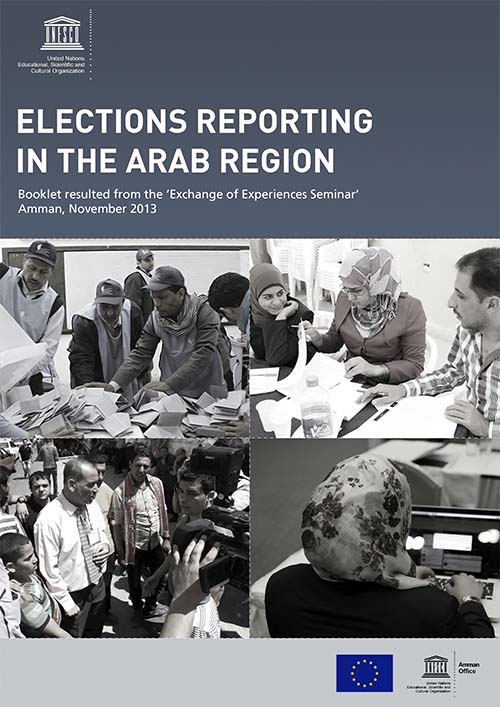Do Middle East/North Africa (MENA) consumers and producers of media in all their permutations and across countless platforms fully comprehend what they’re doing and how they fit in the larger scheme of things?
Media Unlimited director Magda Abu-Fadil traced her trajectory into the realm of media and information literacy (MIL) in Lebanon dating back to 1999 in a virtual cross-cultural academic and journalistic experiment with a professor and his students from the University of Missouri’s School of Journalism.
Abu-Fadil has contributed various chapters to books and has written articles on the subject, all of which were summarized and compiled in a chapter in the English/Arabic book “Opportunities for Media and Information Literacy in the Middle East and North Africa,” published by the International Clearinghouse on Children, Youth & Media at Nordicom, University of Gothenburg, Sweden, with support from UNESCO and the United Nations Alliance of Civilizations).
In the introduction to the book, Abu-Fadil also wrote:
There has never been a more propitious time than the present to promote, teach, and engage with media and information literacy (MIL) in all its permutations across the Middle East/North Africa region, notably the Arab states that are undergoing tectonic changes.
The very notion of MIL is nascent in most of the countries surveyed herein and the application of programs falling under the MIL umbrella varies from almost non-existent to relatively dynamic, albeit on a limited scale.
That is due, in great measure, to the variety of educational systems across the Arab world, although there is also common ground in that the top-down imparting of information (not always knowledge) has been the rule rather than the exception and can still be seen in schools and universities.
Critical thinking has yet to take root across the board. There are examples of educational institutions where it has been encouraged but various factors come into play in its application.
Abu-Fadil is the lead editor of this reference and a key co-author. She helped launch the book in Amman, Jordan in October 2016.

